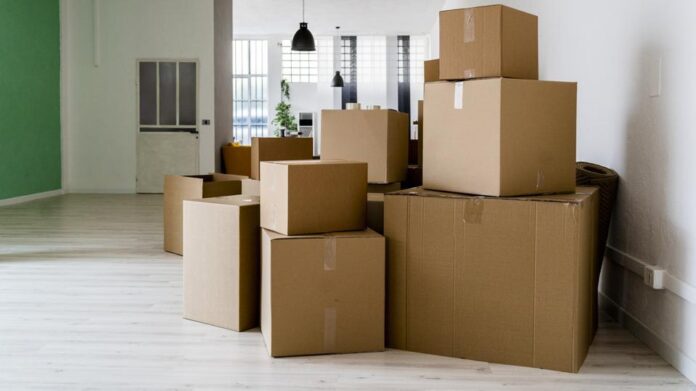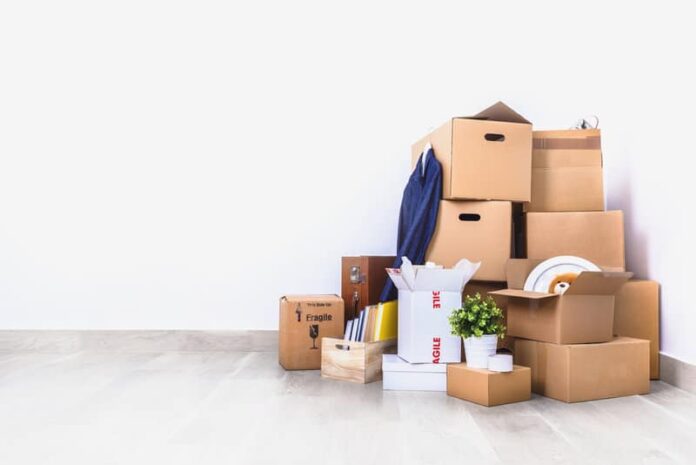Moving is stressful, especially when you don’t know when to start packing! Many of us want to get it over with as soon as possible, but if you do it too early you might cause yourself more problems than you solve. Let’s take a look at the pros and cons of packing early so that you can make an informed decision about when to start packing for your next move.
Benefits of Early Packing

Packing for a move can be a daunting and overwhelming task, but getting an early start can give you plenty of time to plan and facilitate the process. Taking the time to gather your items carefully, sorting through items that are no longer needed, properly labeling boxes, and hiring movers NYC will make moving day run more smoothly.
However, there are some things that should not be packed until close to the moving date – items that you will need up until you go such as clothing and kitchen basics like plates and silverware. You will also likely want access to items like bedding during the last few days before your departure so those should not be packed away too far in advance either.
Here are some of the benefits of getting ready ahead of time:
- Having a well-organized system: Taking the time to pack items thoughtfully and label them clearly allows you to have an organized inventory as you get them out of the boxes in your new space. It also allows you to know what items should not be moved so they can be removed before moving day.
- Providing peace of mind: Getting everything ready ahead gives you the comfort that once the move-out day arrives, everything is ready to go. This means fewer last-minute tasks on top of packing last-minute boxes, which reduces stress and provides peace of mind that everything is ready for moving day.
- Creating a budget plan: When packing early, allows you to better manage costs associated with moving such as necessary supplies like boxes or labels, professional movers if needed, or even long-distance travel if applicable. Being able to create a budget plan ahead of time reduces unforeseen expenses that may arise as move day gets closer.
Potential Downsides of Early Packing

Although it can be an advantage to start packing early for an upcoming move, there are some potential pitfalls and downsides to packing too far in advance. Depending on the length of time between advanced packing and the actual move date, personal items may become damaged or forgotten during storage. Here are some things to consider before beginning the early packing process:
- Damage: If items are stored in boxes for an extended period of time, they could potentially develop condensation damage or become infested with pests. Additionally, leaving personal items in dark, enclosed areas can create a breeding ground for mold and mildew.
- Time investment: Packing items too far in advance could result in wasted time if items need to be taken out of their boxes and moved at a later date. A great way to minimize this concern is to label all boxes with an approximate “open by” date so that you know exactly when you will need certain items from long-term storage again.
- Repacking: Even if properly labeled, pre-packed items may require additional repacking if there is a change of plans due to postponement or delay of the moving process. Carefully estimate ways that the original plan may change and factor them into your packing strategy accordingly.
By considering all applicable potential risks prior to beginning your early packaging run, you can ensure that your possessions will remain safe throughout the entire moving process.
Tips for Early Preparation

When relocating, packing early can help your move go smoothly and make the transition to your new home less stressful. While it’s beneficial to get an early start, there are a few things you should keep in mind.
- Prioritize items based on how soon they will be needed in your new home before packing them. For instance, if you’re moving across the country or abroad, important documents like passports and driver’s licenses should be kept in a secure location. You may also want to pack one suitcase of essential items like clothes and toiletries for urgent travel needs that cannot wait until after your move is complete.
- Disassemble any items that cannot be transported safely assembled, such as furniture and large appliances, so that they can fit properly in the truck on a moving day. Mark boxes with their contents as well as the room they will go into upon arrival so unloading is easier for everyone involved. Cover large furniture with protective materials like blankets or paper pads to avoid damage during transit.
- Schedule cleaning services for your former residence after all of your belongings have been removed so it is ready for its next occupants upon departure. Using professional cleaners can save you time while ensuring everything has been wiped down properly without leaving behind a mess at either residence.
- Finally, do not forget to inform post offices and relevant companies of your address change well ahead of time to ensure mail and other important items arrive at your new home without delay!
Conclusion
When it comes to packing for a move, the key is striking the right balance between too early and too late. Waiting until the last minute can put extra stress on you, resulting in rushed packing and potentially damaging your items. On the other hand, overpacking can be taxing on your resources, such as time and money.
Weighing all of the factors that come into play when deciding when to pack (for example, cost of supplies vs. stress levels), may help make your decision easier. For a smoother transition, keep in mind that it’s best to start packing at least two months before your move but not earlier than four months prior—and any additional time can help further lessen some of the stress that comes along with moving!









